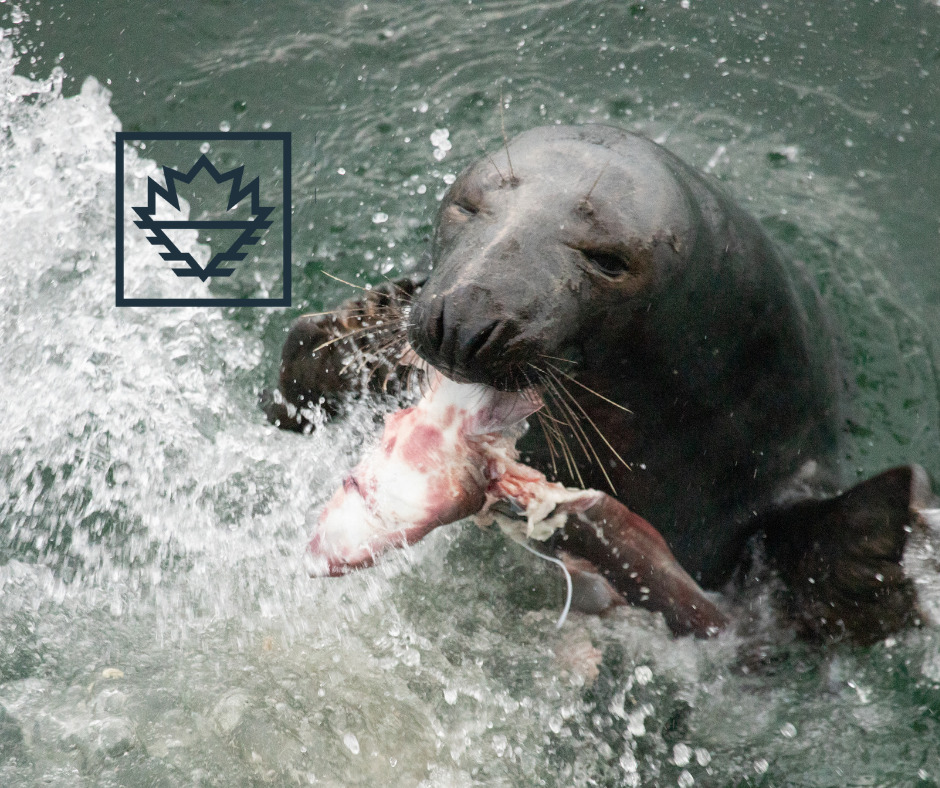Following the crab and lobster fishermen of the Gulf of St. Lawrence, the region’s seal hunters are now in conflict with the Americans.
The Association of Intra-Quebec Seal Hunters (ACPIQ) condemns the United States intention to prohibit the use of seal offal as alternative bait for shellfish fishing, which has been complementing mackerel and herring under moratorium since last year.
According to Gil Thériault, General Manager of the ACPIQ, the uncontrolled expansion of grey and harp seal populations, as well as their disproportionate predation on fish stocks, are among the main causes of the decline in biodiversity in Canadian waters, and the most recent victims of this predation are precisely mackerel and herring, species historically used to bait lobster and crab cages.
Seals have been observed eating fishermen’s bait, destroying fishing equipment, disturbing spawning fish, and transmitting parasites to them. Better management of this large mammal is thus required for both fisheries and biodiversity.
According to Yoanis Menge, president of the ACPIQ, by prohibiting the use of seal bait, the Americans are demonstrating that their MMPA has nothing to do with promoting marine biodiversity and is just meant to satisfy animalist doctrine.
Read the original article;
Protection de biodiversité marine: les chasseurs de phoque fustigent les États-Unis



